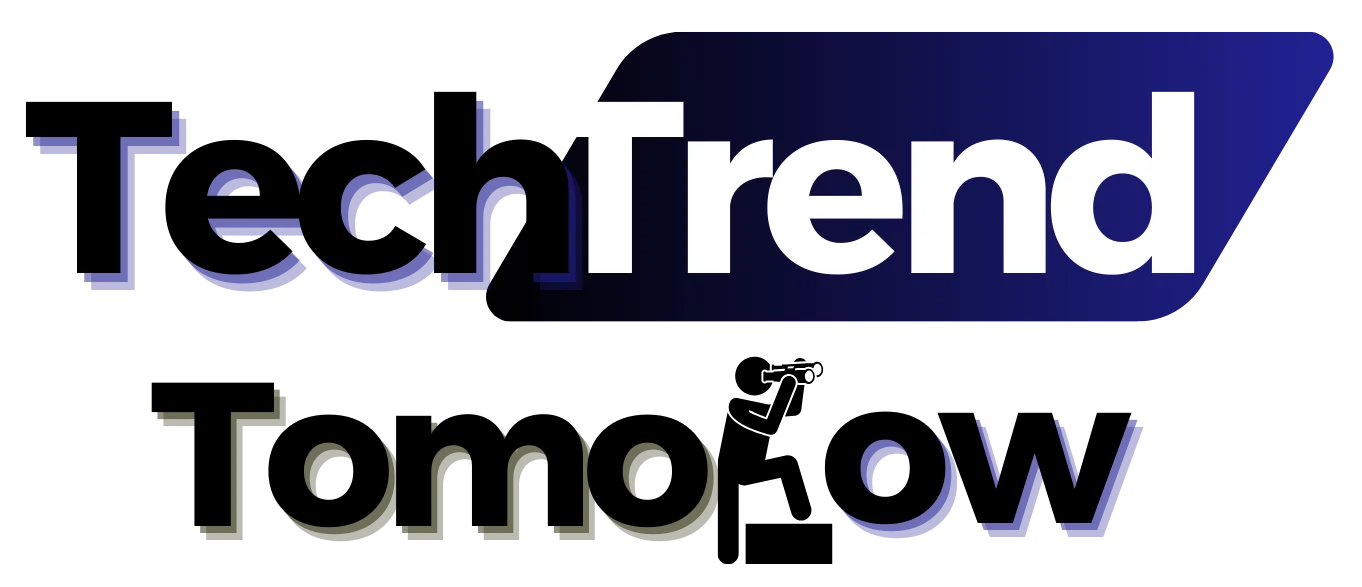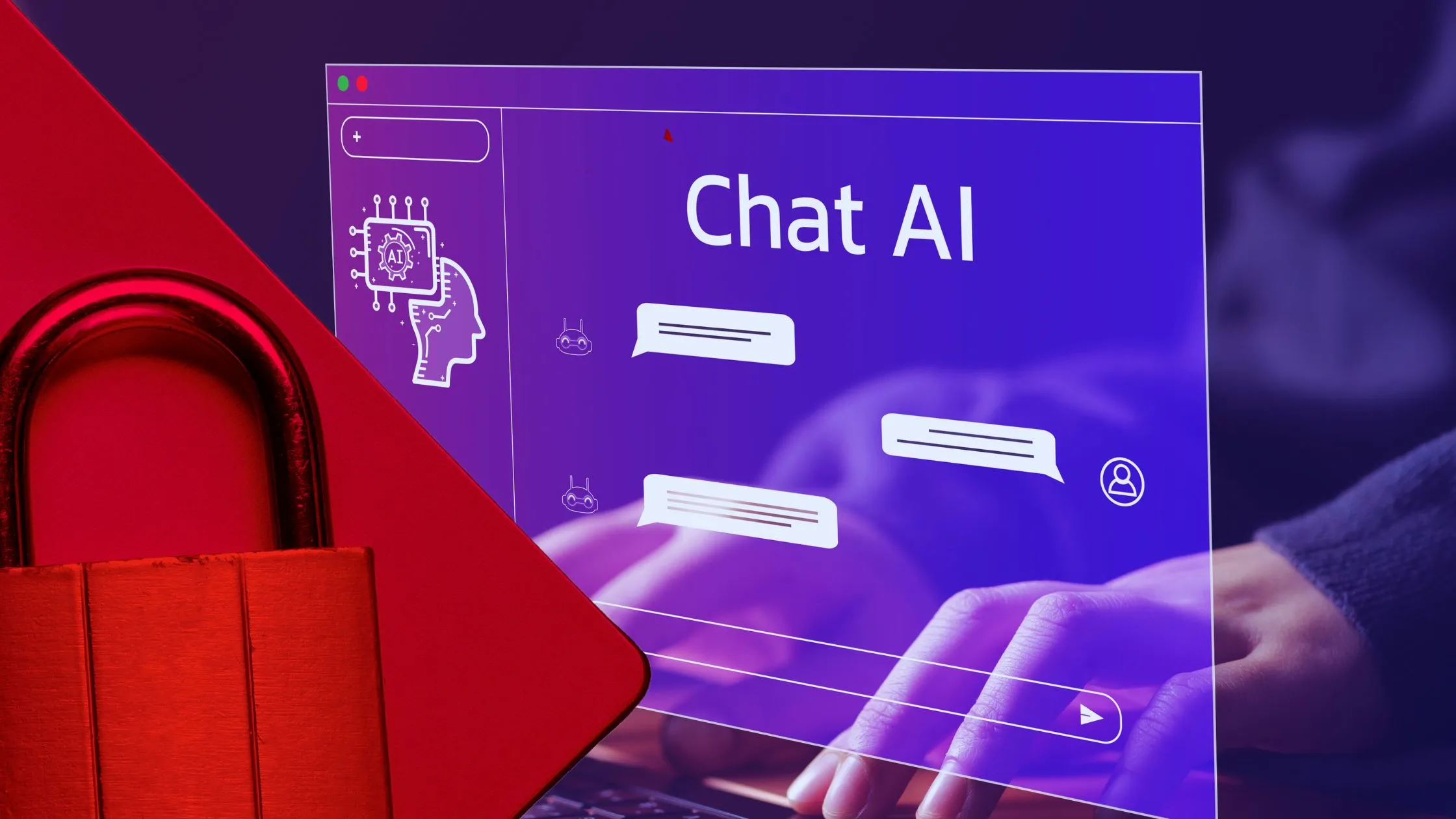Did you know that just last week WIRED issued an article on how almost half of the media industry giants have blocked the OpenAI’s brainchild, the GPTbot?
Yes, in the vast landscape of the internet, a silent revolution is underway with the advent of AI web crawlers. These digital agents, designed to systematically traverse the web, are now at the center of a growing controversy.
Major media websites, including giants like The New York Times and Reuters, are standing guard against these AI-driven entities. Not only do they scrape your website content to sound like your own, but also get away with getting your paywalled content.
And as pixels collide and algorithms dance, are these AI web crawlers paving the way for a utopian digital era, or are they the mavericks shaking the very foundations of our beloved media landscape?
Honestly, we can’t say anything now. Not until we get the latest tech update on AI web crawlers.
So, fret not. We have jotted everything down here, so let’s investigate together!
Table of Contents
Ever Heard of AI Web Crawlers? Neither Did Your Grandma!
Picture this: Our imaginary Grandma, sipping on her digital chamomile tea, blissfully unaware of the whirlwind brewing in the digital realm. Enter AI web crawlers – the unsung heroes (or villains) of the internet’s backstage drama. But who birthed these virtual wanderers, and what mischief are they up to?
The Rise of AI Web Crawler: Launch of OpenAI’s GPTBot
Born out of the labs of tech giants, these AI web crawlers are programmed to systematically browse and index web content for various purposes.
The brainchild of OpenAI, GPTBot entered the scene, aiming to gather data that could potentially enhance future AI models. But little did it know that it would face resistance from some of the most influential news outlets.
The Clash Begins: Media vs. AI Web Crawlers vs OpenAI’s GPTBot
In the midst of the digital Renaissance, OpenAI unveiled its prodigy – GPTBot. An innocent enough endeavor to gather data, right?
Wrong.
Cue the dramatic entrance of high-profile news sites – The New York Times, Reuters, CNN – blocking GPTBot like it’s a VIP party with a “No AI Allowed” sign. What gives?
Originality.AI Uncovers the Interesting Statistic for AI Web Crawling
Originality.AI, an AI content detector, reveals a staggering statistic – nearly 20% of the top 1000 websites globally are actively blocking crawler bots collecting data for AI services.
As GPTBot faced increased resistance, the number of websites blocking it rose from 9.1% to 12% within a week. Amazon, Quora, and Indeed emerged as the major players in blocking ChatGPT’s bot, highlighting a trend among larger websites.
What is the Reason Behind Blocking AI Web Crawlers?
But why are these media titans putting up digital barricades?
The answer lies in the absence of clear legal or regulatory rules governing AI’s use of copyrighted material. Fearing potential misuse, websites are taking matters into their own hands, choosing to block AI crawlers rather than risk their valuable content falling into the wrong hands.
Lack of Clear Legal Jurisdiction Around the Use of AI Web Crawlers
Major media websites are blocking AI web crawlers due to the absence of well-defined legal frameworks regulating the use of these technologies, creating uncertainty and potential legal challenges.
For instance, how do you establish that your content will never be reproduced in any form online?
Fear of Potential Misuse and Misconduct
Website owners may block AI website crawlers out of concern for possible misuse or unethical practices, driven by the fear that these automated systems could compromise user privacy or manipulate data.
What happens if your website user data was leaked thanks to the security breaches that AI web crawlers unintentionally created?
Risking the Scraping of Valuable Content by AI Web Crawlers
Blocking AI website crawlers is now a preventive measure to safeguard valuable content from being scraped without permission, ensuring website owners retain control over their intellectual property and prevent unauthorized data extraction.
FAQs
What are AI Web Crawlers?
AI Web Crawlers are automated programs, known as bots, equipped with artificial intelligence that systematically browse the internet, indexing content for search engines and retrieving data from web pages.
Why are Websites Blocking ChatGPT and Other AI Web Crawlers?
AI website crawlers scrape a website content and may reproduce similar sounding material without the authorization of the source content owner(s). This is why they pose threat to the intellectual rights of content creators and website owners.
Is it Illegal to Use AI Web Crawlers?
There are no clear cybersecurity legal guidelines that make the use of AI website crawlers illegal. However, this has put their use in jeopardy, pushing major media sites to block them.
How Do I Block an AI Web Crawler from Scraping my Website Content?
You can either install plugins to stop an AI bot from crawling your website or manually do it using a custom CSS code.
The Future of AI Web Crawlers is Hazy — Not All Bleak, Though!
As we navigate the labyrinth of ones and zeros, the clash between media moguls and AI web crawlers unveils itself as the ultimate showdown – a digital comedy club where punchlines are algorithms and laughter is encoded in binary.
Either you laugh, or you don’t — nothing in between.
But when disruptive technology throws conundrums at the cyber-audience, the line between innovation and intrusion blurs.
The tale of AI web crawlers continues to unfold, promising a narrative that’s part Shakespearean drama, part Silicon Valley sitcom. The future of these AI web bots hangs in the balance, awaiting a resolution to the ethical and legal quandaries that surround their existence.
Stay tuned to Tech Trend Tomorrow for the digital circus is just beginning!

